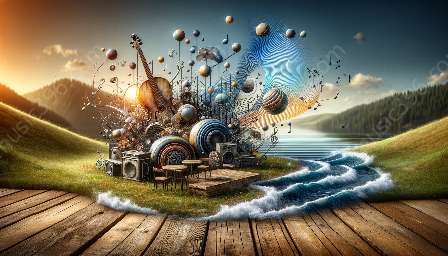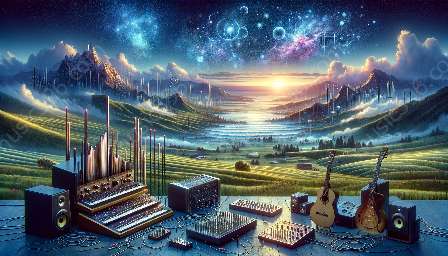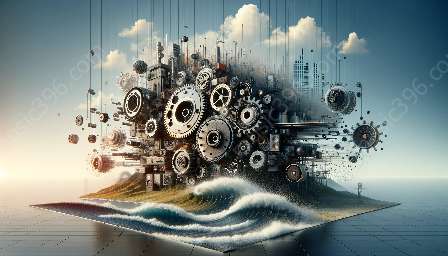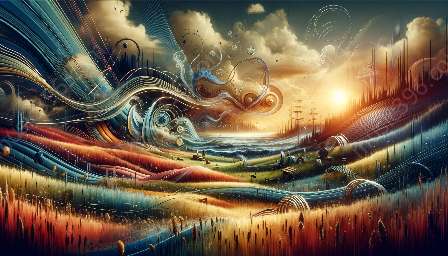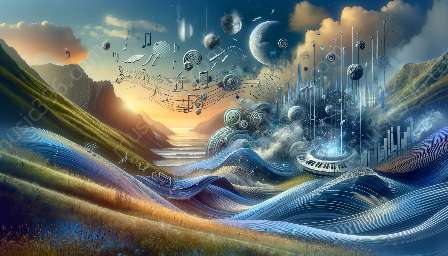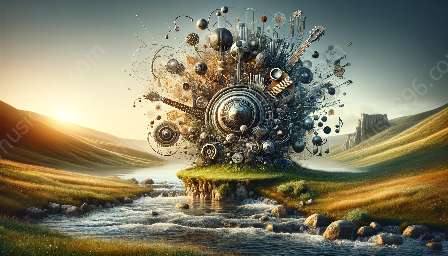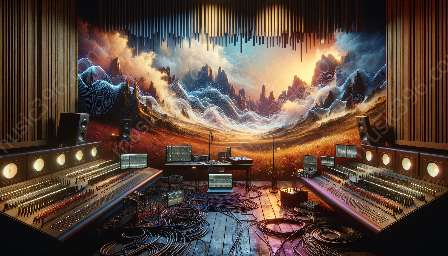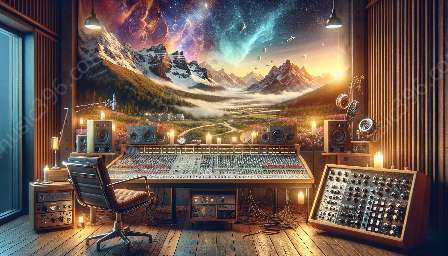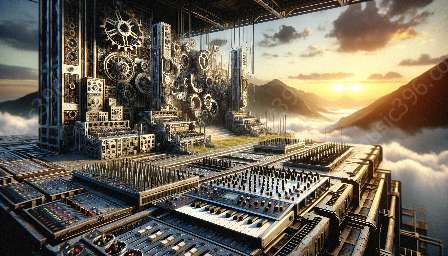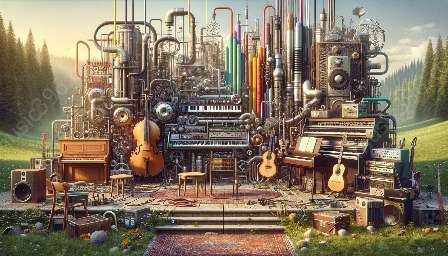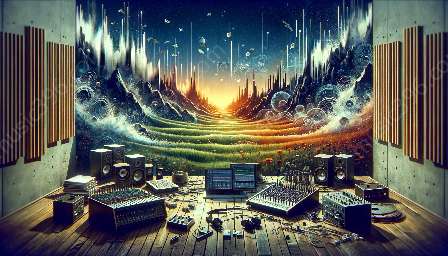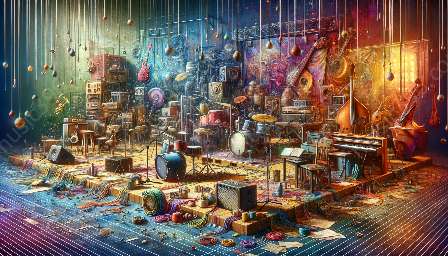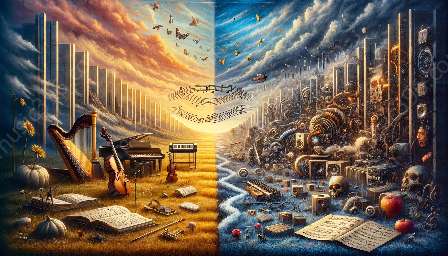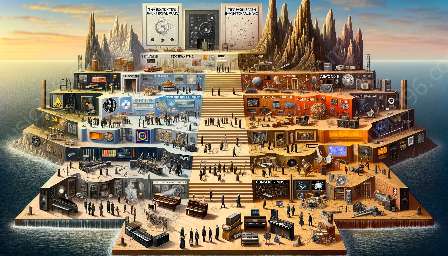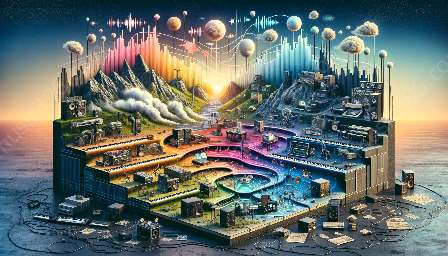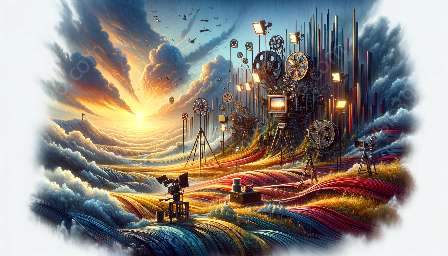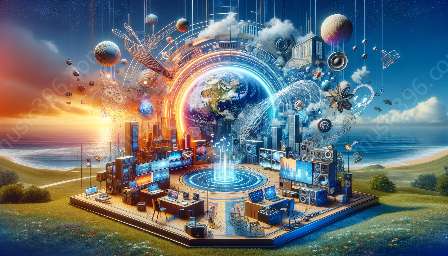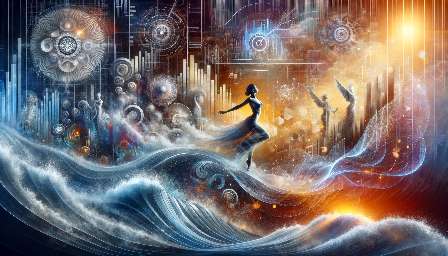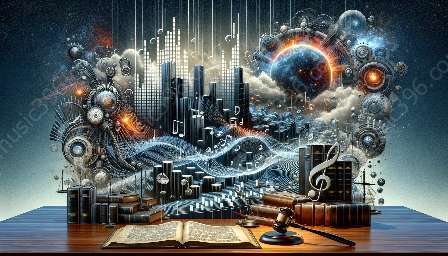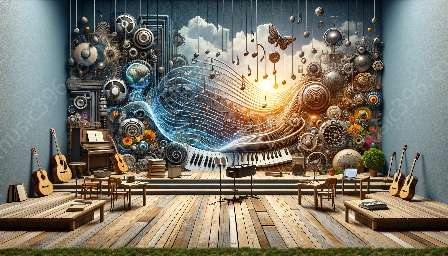As the role of artificial intelligence and machine learning continues to expand, particularly in the field of experimental music, the implications on copyright and ownership are becoming increasingly complex. This article delves into the intersection of AI, machine learning, and experimental music, and the impact on intellectual properties and rights within this context.
Understanding Experimental Music and Intellectual Properties
Experimental music, characterized by unconventional sounds, structures, and techniques, often pushes the boundaries of traditional musical composition. With its unique and innovative nature, experimental music challenges the conventional understanding of copyright and ownership. In this context, intellectual properties play a pivotal role in safeguarding the rights of creators and contributors.
Artificial Intelligence and Machine Learning in Experimental Music
AI and machine learning have significantly impacted the production, creation, and composition of music in general, and experimental music is no exception. These technologies have the ability to analyze vast amounts of musical data, identify patterns, and generate original compositions, blurring the lines between human and machine creativity.
Furthermore, AI-powered tools have enabled musicians and composers to explore new sonic landscapes, experiment with unconventional sound design, and even collaborate with virtual musicians or AI-driven entities. While these advancements open up new possibilities for artistic expression, they also raise thought-provoking questions regarding copyright and ownership.
Challenges and Considerations in Copyright and Ownership
One of the primary challenges lies in defining the authorship and ownership of AI-generated music within the realm of experimental music. As AI systems contribute to the creative process, questions arise about the rightful attribution of intellectual properties, especially when multiple entities, including human creators, AI algorithms, and machine learning models, are involved in the production of a musical work.
Alongside authorship, the concept of originality in experimental music created with the assistance of AI also demands critical examination. Traditional copyright frameworks may struggle to accommodate the inherently collaborative and dynamic nature of AI-assisted creative processes, calling for tailored legal and ethical frameworks.
Legal and Ethical Frameworks in Experimental Music
Given the complex interplay between AI, machine learning, and creative expression, legal and ethical considerations are paramount in the context of experimental music. Rethinking copyright laws, licensing models, and intellectual property frameworks becomes imperative to address the evolving landscape of music creation and ownership.
Embracing Innovation while Protecting Rights
As experimental and industrial music embrace technological advancements, creators and industry stakeholders must strive to strike a balance between fostering innovation and protecting the rights of all contributors. This involves fostering dialogues among creators, legal experts, technology innovators, and regulatory bodies.
Transparency and Accountability
Transparency in acknowledging the roles of AI and machine learning in music creation is essential to maintain accountability and uphold the rights of all involved parties. Frameworks for transparent attribution and credit allocation need to be established to ensure fair recognition and compensation.
Conclusion
The implications of artificial intelligence and machine learning on experimental music copyright and ownership are multifaceted, encompassing legal, ethical, and creative dimensions. As the boundaries of musical expression continue to expand with the help of AI, navigating the intricacies of intellectual properties and rights in experimental music presents a compelling challenge for the future of the industry.

